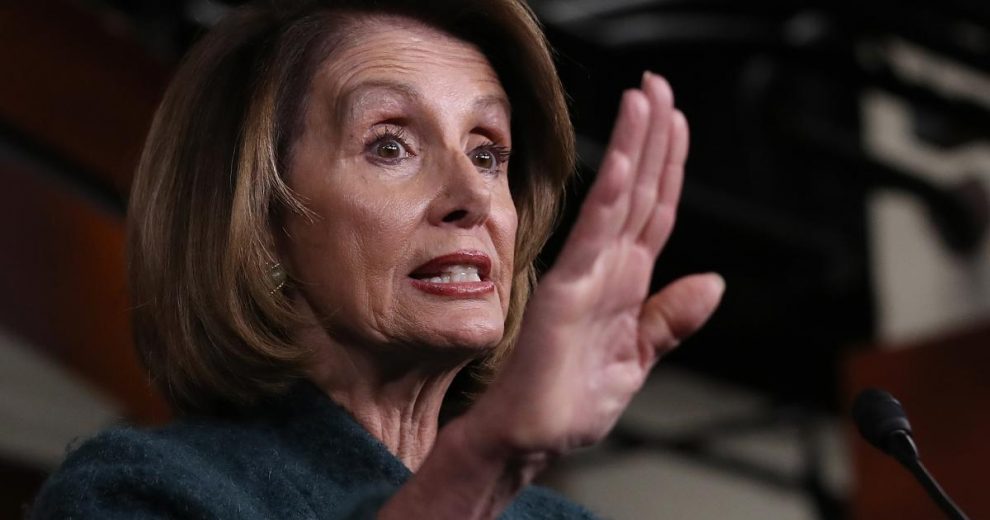House Speaker Nancy Pelosi (D-CA) and Rules Committee Chairman James McGovern (D-MA) unveiled the rules for the 117th Congress on Friday, which contain “future-focused” proposals, including the elimination of gendered terms, such as “father, mother, son, and daughter.”
“This package, which will be introduced and voted on once the new Congress convenes, includes sweeping ethics reforms, increases accountability for the American people, and makes this House of Representatives the most inclusive in history,” said the House Committee on Rules in a statement.
House Speaker Pelosi went on to say she is “pleased to join Chairman Jim McGovern in introducing this visionary rules package, which reflects the views and values of the full range of our historically diverse House Democratic Majority.”
“Thanks to the leadership of Chairman McGovern and our Members, Democrats have crafted a package of unprecedented, bold reforms, which will make the House more accountable, transparent, and effective in our work to meet the needs of the American people,” said Pelosi.
“These future-focused proposals reflect our priorities as a Caucus and as a Country,” the House Speaker added.
Within the proposals are the creation of the “Select Committee on Economic Disparity and Fairness in Growth,” which would require Congress to “honor all gender identities by changing pronouns and familial relationships in the House rules to be gender neutral.”
In clause 8(c)(3) of rule XXIII, gendered terms, such as “father, mother, son, daughter, brother, sister, uncle, aunt, first cousin, nephew, niece, husband, wife, father-in-law, mother-in-law, son-in-law, daughter-in-law, brother-in-law, sister-in-law, stepfather, stepmother, stepson, stepdaughter, stepbrother, stepsister, half brother, half sister, grandson, or granddaughter” will be removed.
In their place, terms such as “parent, child, sibling, parent’s sibling, first cousin, sibling’s child, spouse, parent-in-law, child-in-law, sibling-in-law, stepparent, stepchild, stepsibling, half-sibling, or grandchild” will be used, instead.
Story cited here.
























